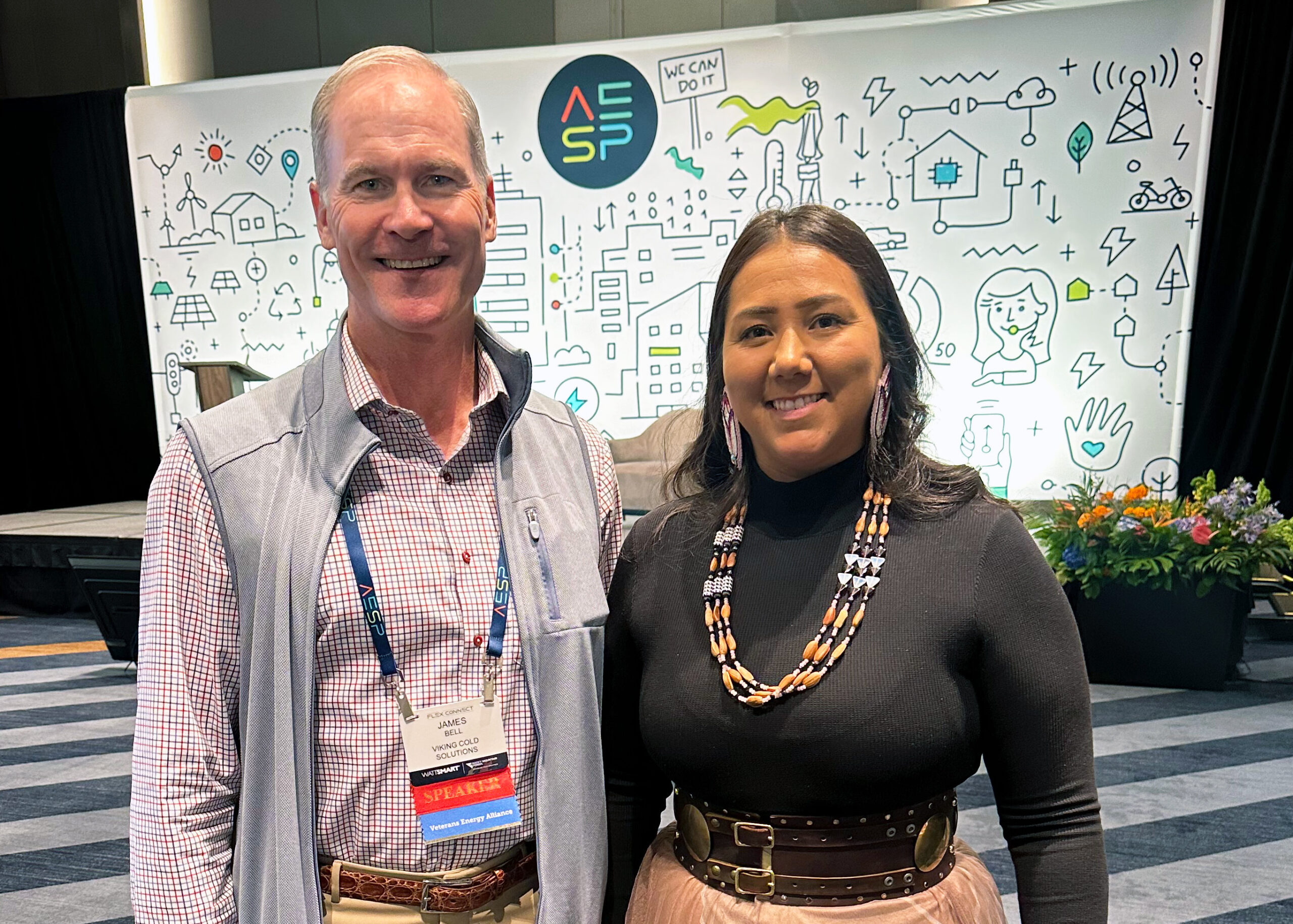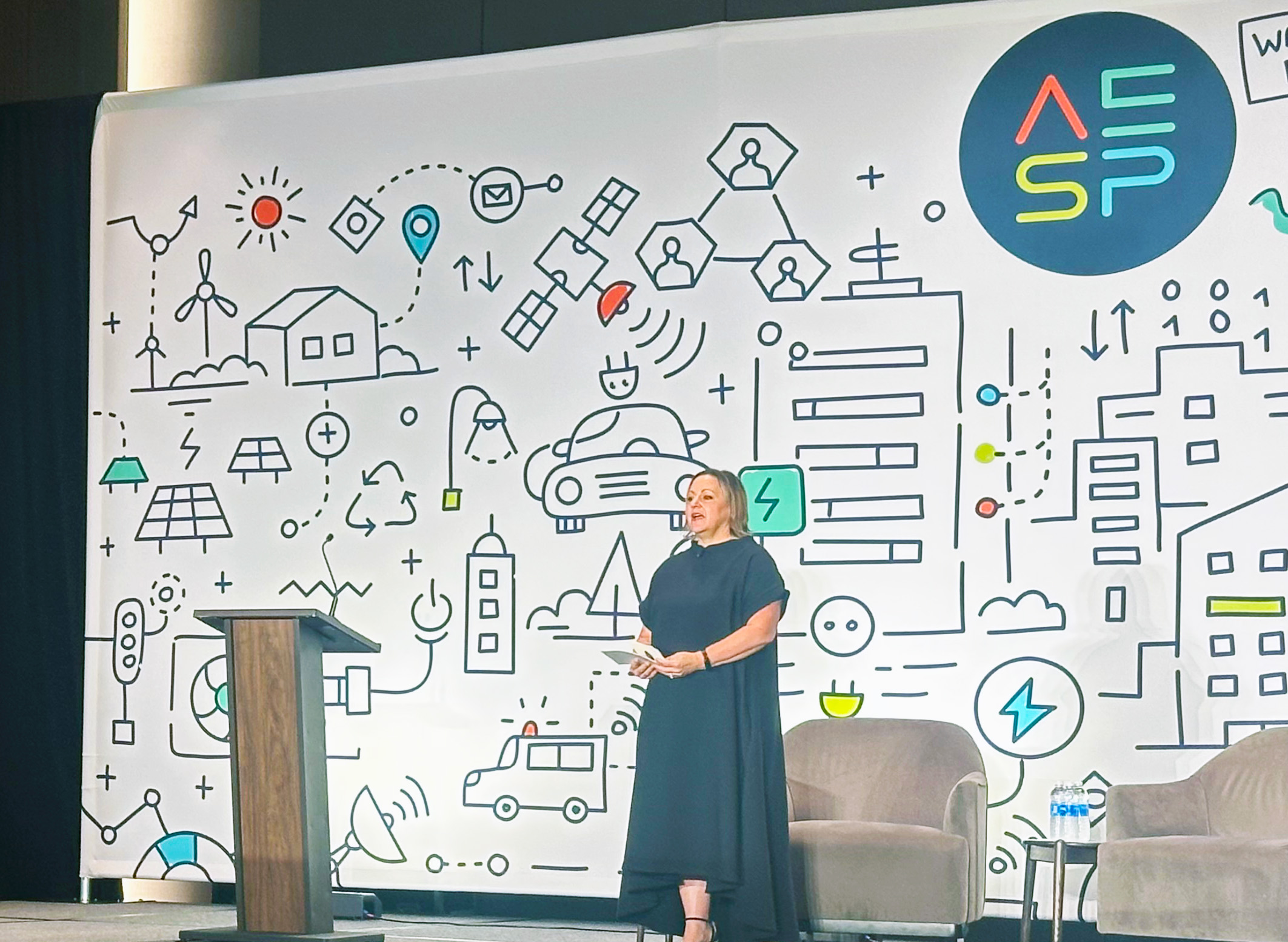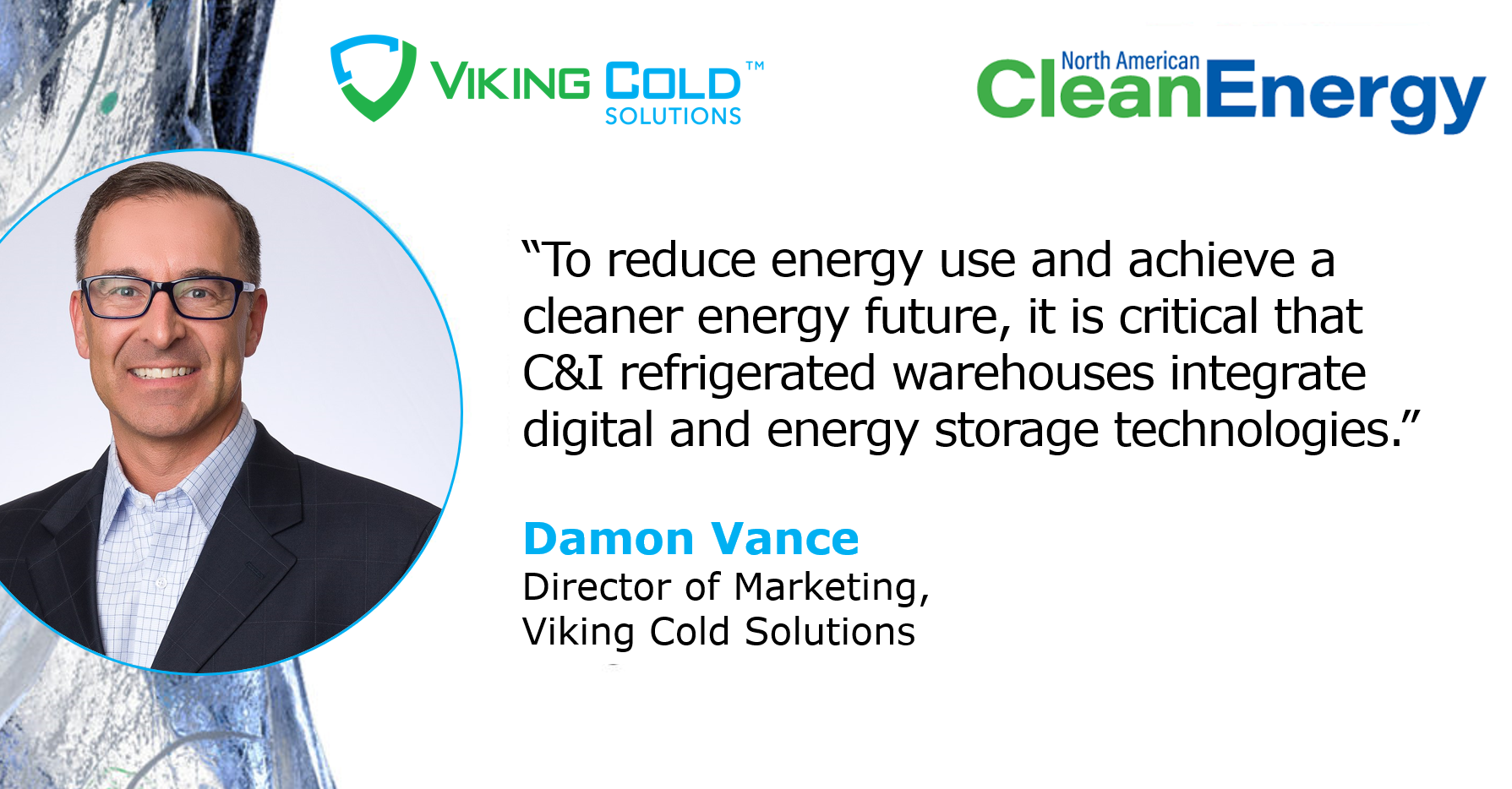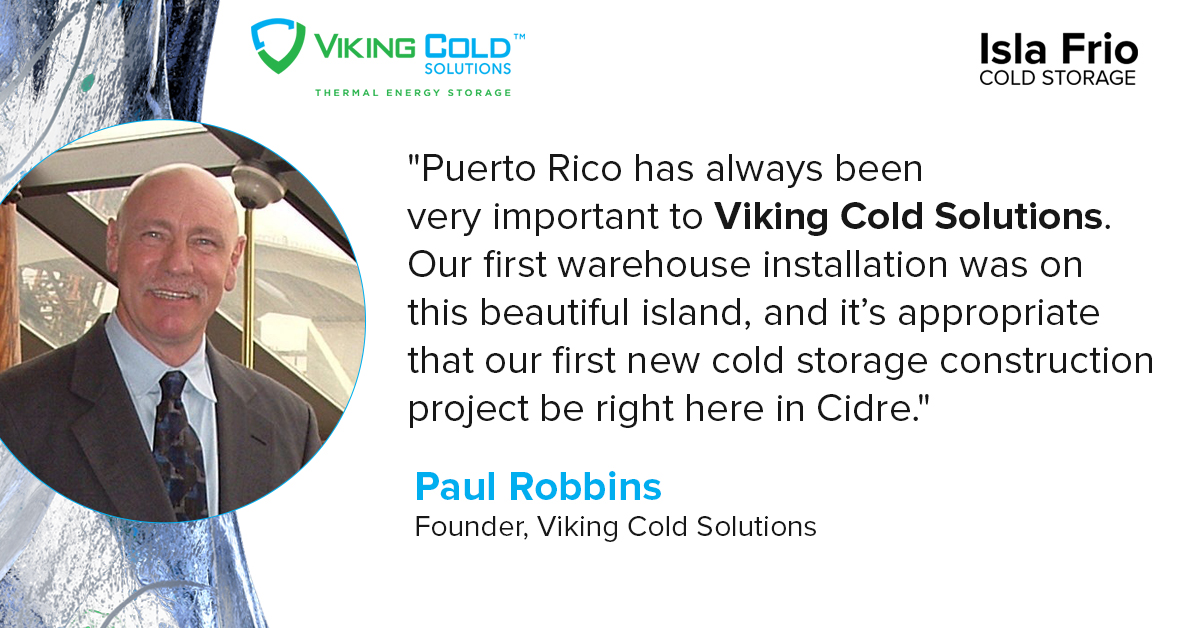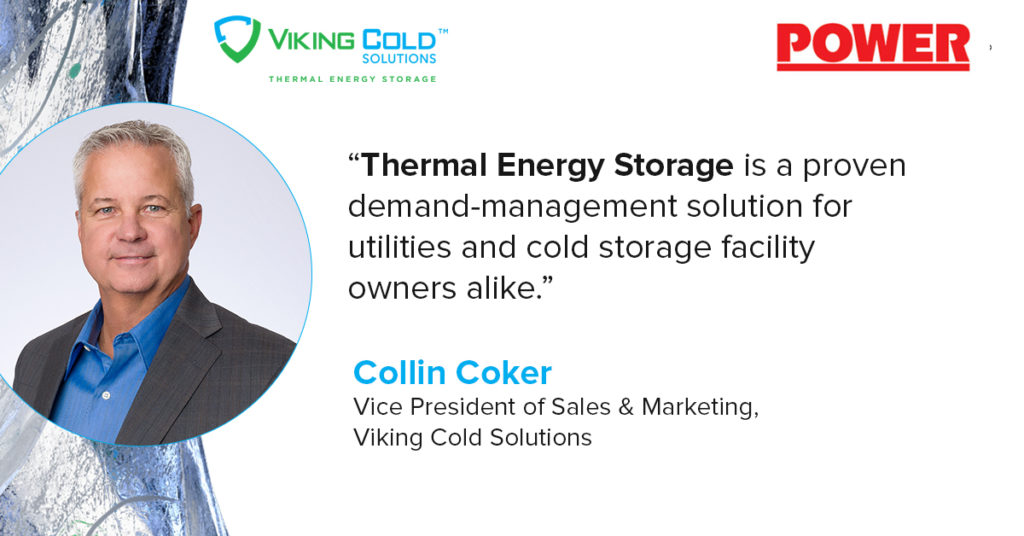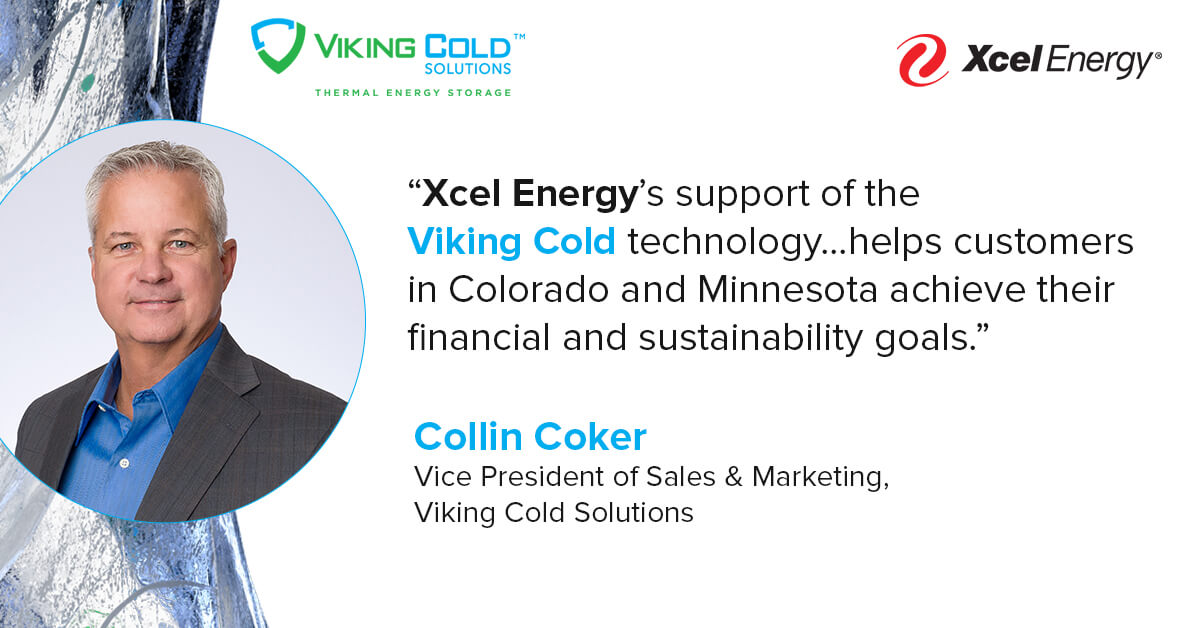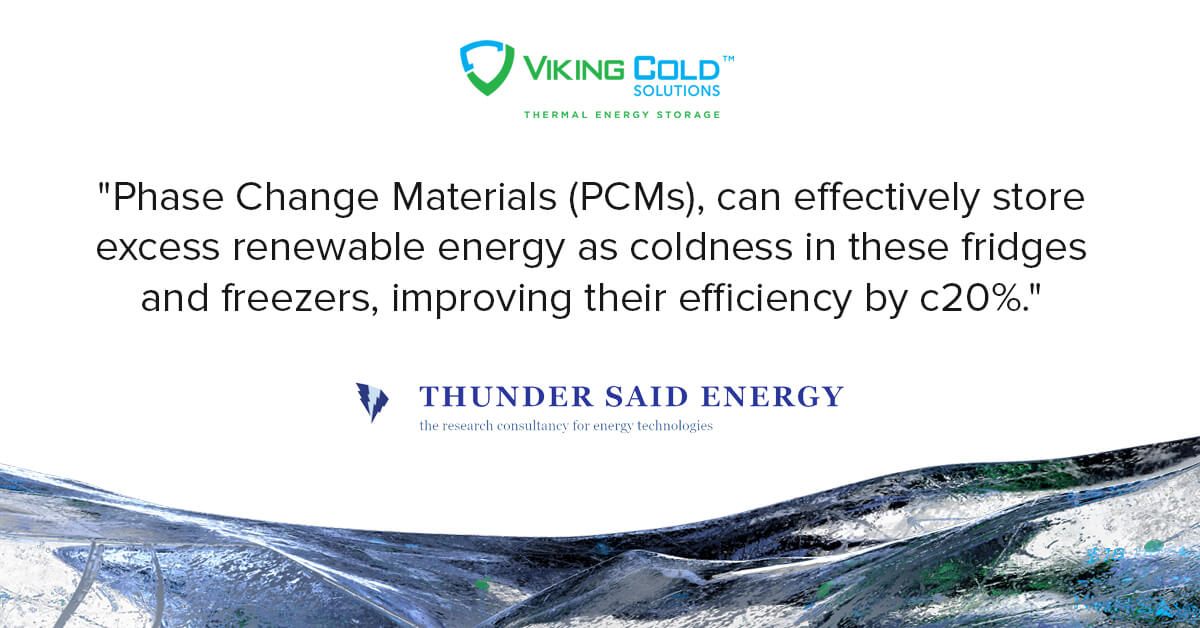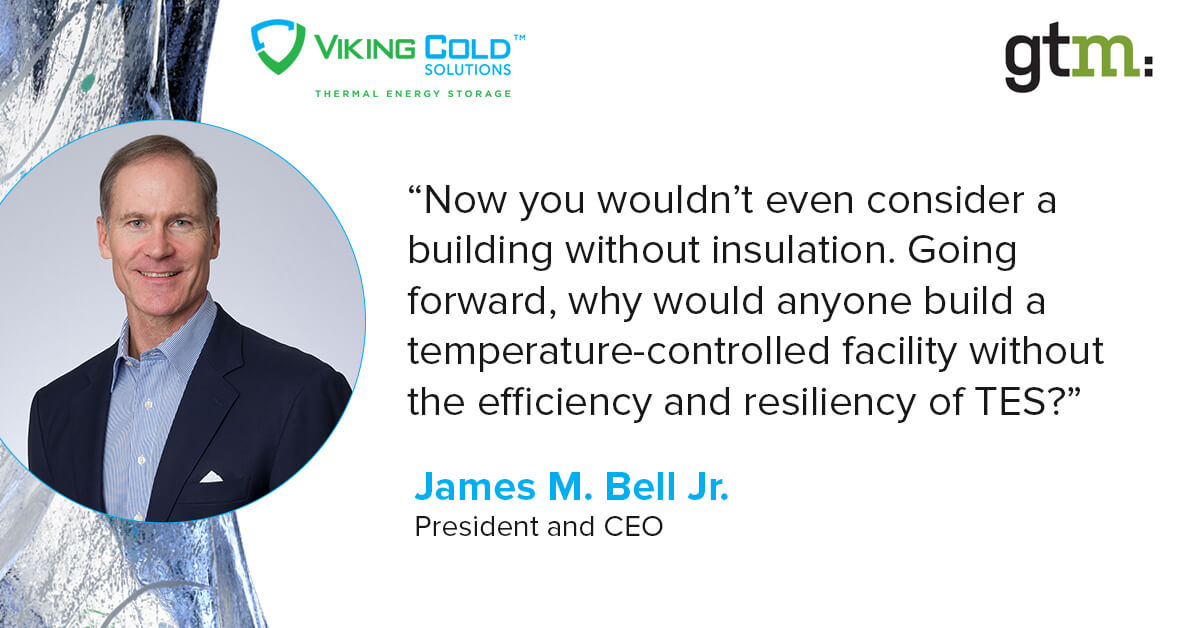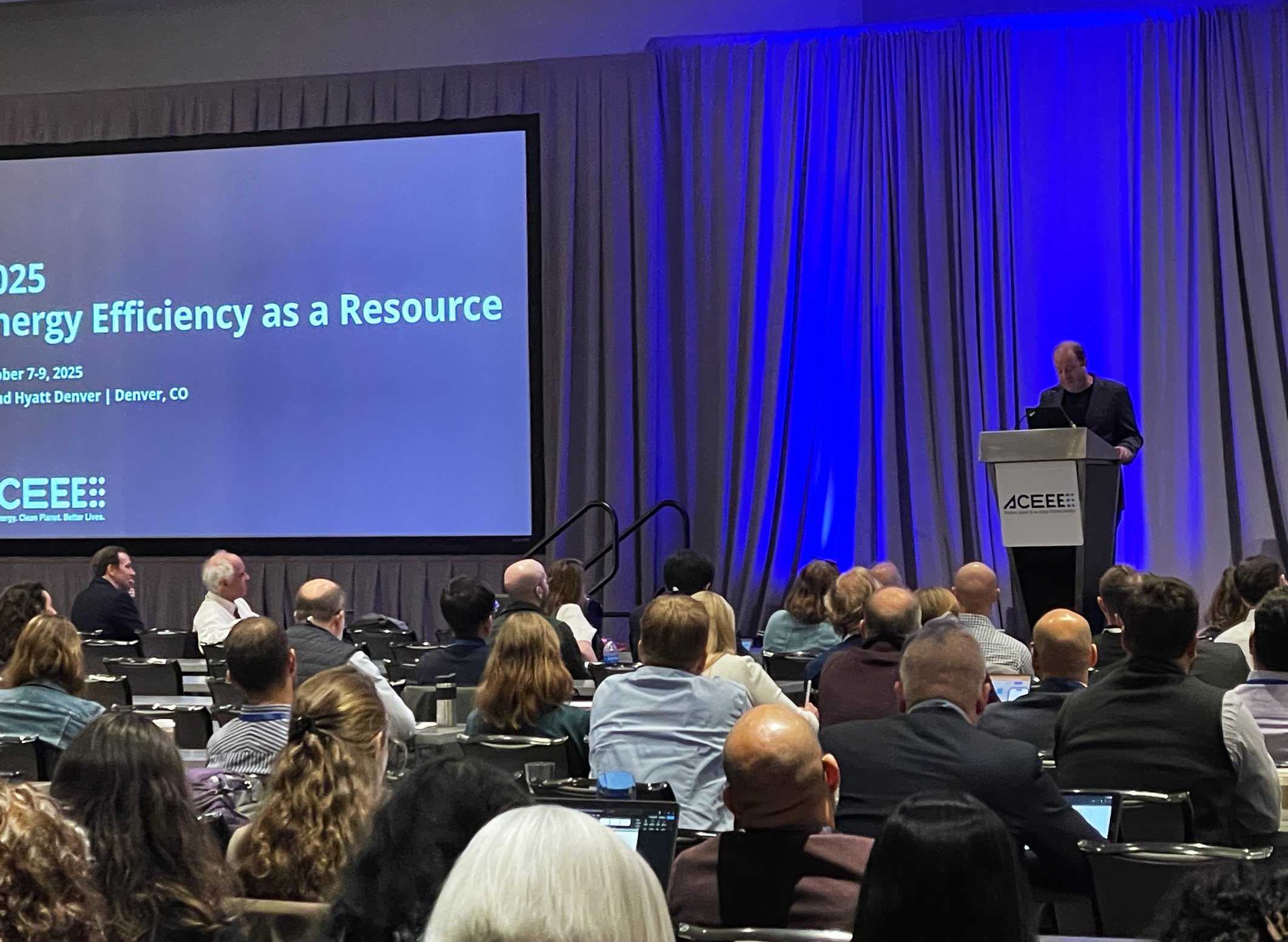
Jared Polis, Governor of Colorado
Discussions about the future of the U.S. power grid took center stage last week at the 13th biennial Energy Efficiency as a Resource (EER) Conference in Denver, hosted by the American Council for an Energy-Efficient Economy (ACEEE). During the opening session, Colorado Governor Jared Polis highlighted the state’s leadership in clean energy innovation and collaboration with utilities to strengthen grid resilience. His remarks reflected one of the conference’s major themes: as federal programs scale back, states and local utilities are stepping up with new incentives to drive efficiency, flexibility, and reliability across the grid.
A key topic throughout the event was the expansion of demand response programs – now active in all 50 states – and the growing opportunities they create for businesses and energy users. Texas continues to stand out for offering the greatest payback on energy sold back to utilities, signaling how state-level initiatives can reward participation in grid balancing. Speakers also pointed to the increasing role of Thermal Energy Storage (TES) in the cold chain, as utilities nationwide recognize its ability to reduce peak demand and support decarbonization.
Among the featured sessions was “Advancing Energy Efficiency and Grid Resilience with AI and Thermal Energy Storage,” where John Savage, VP of Sales at Viking Cold Solutions, joined fellow experts to discuss how AI-driven controls and TES technologies are reshaping demand-side management. Panelists explored how these tools enable cold storage and food distribution facilities to shift loads, optimize operations, and strengthen grid reliability – all while improving efficiency and cost savings.
By the end of the session, one message was clear: demand flexibility will be essential to building a more resilient energy future. AI optimization, distributed storage, and innovative load management are rapidly moving from pilot projects to critical infrastructure. For Viking Cold Solutions and other leaders advancing energy efficiency, the conversation in Denver underscored a shared mission – to make the grid smarter, cleaner, and better prepared for tomorrow’s challenges.

